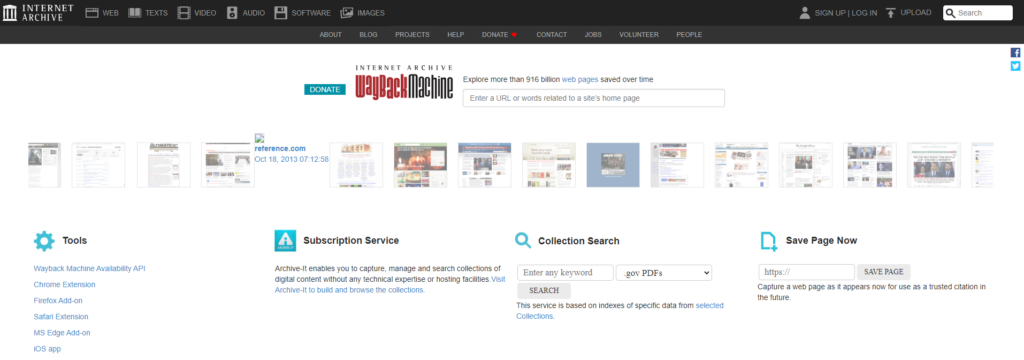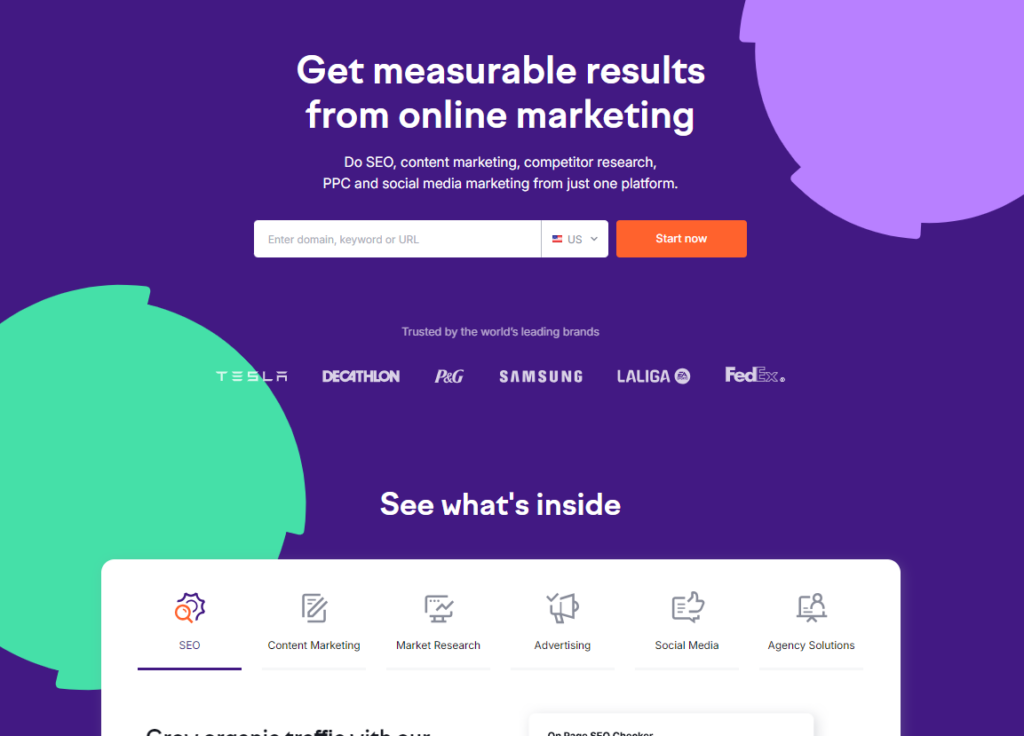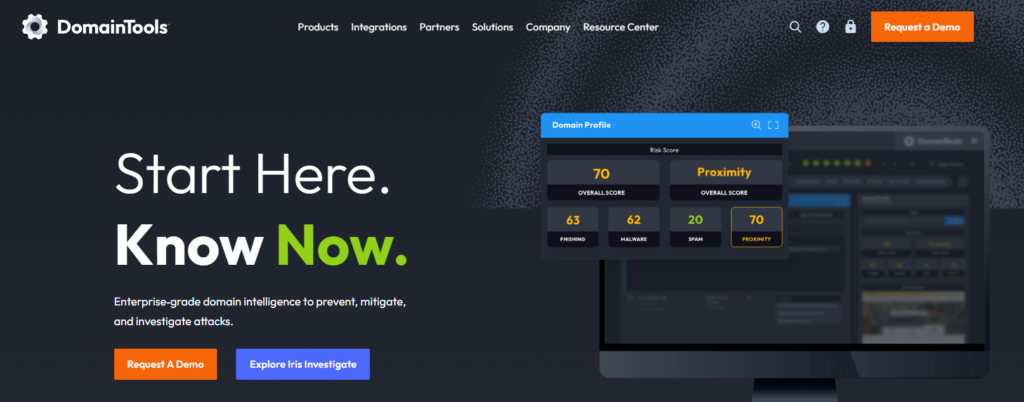Want to know the age of a website?
Maybe you’re trying to scope out the competition. Or maybe you’re suspicious of a site that seems a little too new.
Whatever your reason, you need a domain age checker.
Think of it like a background check for websites. It gives you valuable intel that can inform your decisions.
Why is domain age important?
- Trust and Credibility: Older domains often signal stability and reliability. It’s like an established business versus a brand new one.
- SEO Performance: While not a direct ranking factor, Google does consider domain age as part of its algorithm. Older domains with a history of quality content tend to rank higher.
- Due Diligence: Before buying a domain or investing in a website, checking its age helps you avoid potential scams or low-quality sites.
Now, let’s look into the 6 best online domain age checkers:
Best Online Domain Age Checkers
1. Whois.is Lookup

This is your go-to for raw domain registration data.
It’s like the birth certificate of a website.
How to use it:
- Go to a Whois.is lookup tool (there are tons of free ones available).
- Enter the domain name.
- Hit “search.”
You’ll get information like:
- Registration date
- Registrar
- Owner contact info (sometimes hidden for privacy)
- Expiration date
Pro: Gives you the most accurate registration date.
Con: Can be a bit technical to read for beginners.
2. Wayback Machine (Internet Archive)

This is a time machine for websites. It lets you see how a site looked in the past.
How to use it:
- Go to archive.org/web/
- Enter the domain name.
- Browse through snapshots of the website at different points in time.
You’ll get:
- A visual history of the website
- An idea of how long the site has been active (even if it’s changed significantly)
Pro: Gives you a more complete picture of the website’s history.
Con: Doesn’t give you an exact registration date.
3. SEMrush

An all-in-one SEO powerhouse. It has a domain age checker among its many tools.
How to use it:
- Go to SEMrush.com (you’ll need an account, but they offer a free trial).
- Enter the domain name in the search bar.
- Go to the “Domain Overview” section.
You’ll get:
- Domain age
- Authority score
- Backlink profile
- Organic traffic data
Pro: Provides a wealth of SEO data beyond just domain age.
Con: Requires a paid subscription for full access.
4. DomainTools

Another comprehensive domain analysis tool with a focus on historical data.
How to use it:
- Go to DomainTools.com.
- Enter the domain name in the search bar.
- Look for the “Registration Date” in the results.
You’ll get:
- Domain age
- Whois history
- DNS records
- Similar domains
Pro: Offers detailed historical data and advanced analysis features.
Con: Some features require a paid subscription.
5. MXToolbox

Primarily known for email and DNS diagnostics, but also offers a domain age checker.
How to use it:
- Go to MXToolbox.com.
- Enter the domain name in the search bar.
- Select “Domain Health.”
You’ll get:
- Domain age
- Mail server information
- Blacklist status
- Other technical details
Pro: Simple and straightforward to use.
Con: Limited information beyond basic domain age.
6. DupliChecker
A free online tool with a dedicated domain age checker.
How to use it:
- Go to DupliChecker.com.
- Select “Domain Age Checker” from the menu.
- Enter the domain name.
You’ll get:
- Domain age
- Creation date
- Registrar information
Pro: Completely free and easy to use.
Con: May not be as comprehensive as other tools.
Here’s the bottom line:
Domain age is a valuable piece of information. It can help you assess a website’s credibility, potential SEO performance, and overall value. Use these tools to get the intel you need to make informed decisions.
Remember: Domain age is just one factor to consider.
Don’t rely on it alone.
Look at the website’s content, design, and overall user experience to get the full picture.
Read also:
